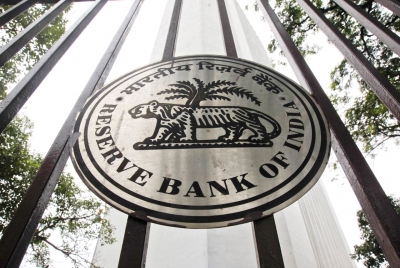RBI red flags concerns around big tech in financial services
By IANS | Published: July 2, 2021 03:54 PM2021-07-02T15:54:03+5:302021-07-02T16:05:36+5:30
New Delhi, July 2 The Reserve Bank of India (RBI) has highlighted the likely issues around big tech's ...

RBI red flags concerns around big tech in financial services
New Delhi, July 2 The Reserve Bank of India (RBI) has highlighted the likely issues around big tech's role in the financial services sector and said that concerns such as level playing field with banks and operational risks have intensified lately.
RBI's Financial Stability Report for July also noted that big tech offers a wide range of digital financial services and has a substantial footprint in the payment systems, crowdfunding, asset management, banking and insurance of several advanced and emerging market economies.
It added that while this holds the promise of supporting financial inclusion and generating lasting efficiency gains, including by encouraging the competitiveness of banks, some important policy issues arise.
"Specifically, concerns have intensified around a level playing field with banks, operational risk, too-big-to-fail issues, challenges for antitrust rules, cyber security and data privacy," it said.
The central bank's report said that big tech present at least three unique challenges, with the first being that they straddle many different (non-financial) lines of business with sometimes opaque overarching governance structures.
Second, they have the potential to become dominant players in financial services and thirdly, big tech are generally able to overcome limits to scale in financial services provision by exploiting network effects.
"For central banks and financial regulators, financial stability objectives may be best pursued by blending activity and entity-based prudential regulation of big tech," the report said.
Furthermore, as the digital economy expands across borders, international coordination of rules and standards becomes more pressing, it said.
Disclaimer: This post has been auto-published from an agency feed without any modifications to the text and has not been reviewed by an editor
Open in app